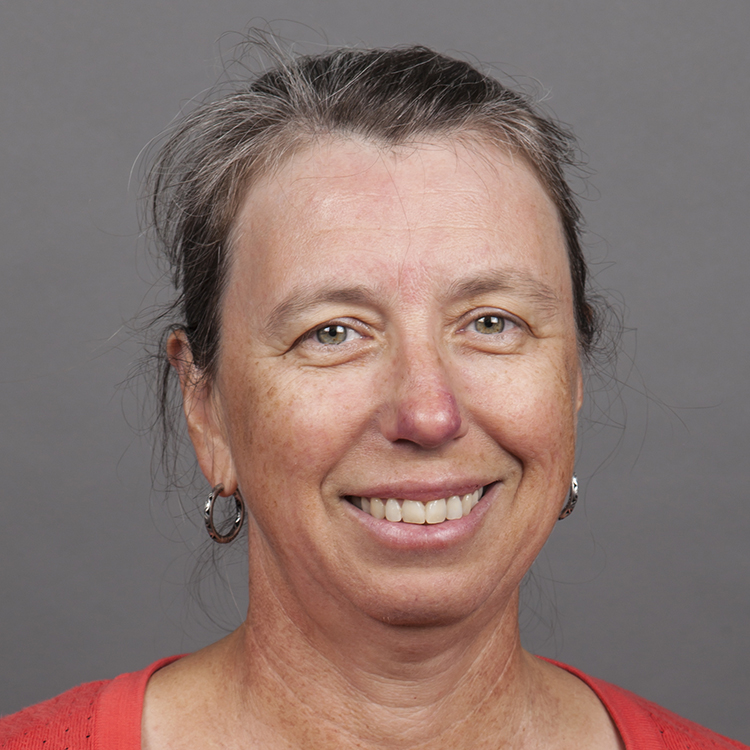
Joelie Mandzufas
Scientific Writer
BCom BHSc GCHELT
joelie.mandzufas@thekids.org.au
http://www.linkedin.com/in/joelie-mandzufas-6215748aJoelie Mandzufas is a Scientific Writer in the Youth Mental Health team at The Kids Research Institute Australia (the Institute). She has a Bachelor of Commerce (Accounting and Finance), Bachelor of Health Science (Nutrition) and Graduate Certificate in Higher Education Learning and Teaching.
Joelie has over 7 years’ research experience with projects in the health promotion areas of obesity prevention (nutrition and the built environment); reducing harms from alcohol; the impact of COVID-19 in schools; and economic, process and outcome evaluation of early childhood development programs. Her thesis will investigate the food practices of apartment residents in Australia using a mixed methods approach, with the aim to make recommendations to improve the community food environment and healthy food practices of residents.
Projects
Billboard Busters: Exploring Children's Views on Outdoor Advertising
"Billboard Busters: Exploring Children's Views on Outdoor Advertising" is a groundbreaking study that examines schoolchildren's attitudes towards outdoor advertisements.
Published research
Children's views on outdoor advertising of unhealthy food and beverages near schools
Children are often exposed to unhealthy outdoor food advertisements during the school commute. This exposure can have negative public health consequences given childhood weight gain has been linked to the marketing of energy-dense and nutrient-poor foods. This study aimed to explore schoolchildren's lived experiences and attitudes towards outdoor advertising surrounding their schools.
#TraumaTok-TikTok Videos Relating to Trauma: Content Analysis
Experiencing a traumatic event can significantly impact mental and emotional well-being. Social media platforms offer spaces for sharing stories, seeking support, and accessing psychoeducation. TikTok (ByteDance), a rapidly growing social media platform, is increasingly used for advice, validation, and information, although the content of this requires further study.
Where are the alcohol advertising hotspots near schools?
Physically locating liquor stores near schools can strongly influence the chances of youth accessing and consuming alcohol, and may also increase children's exposure to alcohol advertising. Investigating the association between the presence of a liquor store near a school and the prevalence of outdoor alcohol advertising is crucial from a policy perspective, as it can inform future regulations on the placement of liquor stores and outdoor advertising near educational institutions.
‘Black Out Rage Gallon’ (aka borg): An investigation of a risky drinking trend on TikTok
A 'Black Out Rage Gallon' (borg) is a customised, individual alcoholic beverage popularised on TikTok, whereby half the water in a gallon jug is replaced with alcohol (usually spirits), flavourings, electrolytes and caffeine. We investigated the characteristics and portrayal of the emerging alcohol trend associated with the hashtag descriptor #borg on TikTok.
The Investigation of Health-Related Topics on TikTok: A Descriptive Study Protocol
The social media application TikTok allows users to view and upload short-form videos. Recent evidence suggests it has significant potential for both industry and health promoters to influence public health behaviours. This protocol describes a standardised, replicable process for investigations that can be tailored to various areas of research interest, allowing comparison of content and features across public health topics.
A massive hit that targets kids quite a bit: Where and how Australian school children see energy drinks
Energy drinks (EDs) are not recommended for children due to their high caffeine content and adverse health risks. Their popularity among children may be due to children's exposure to ED marketing. This study aimed to identify where children have seen ED marketing and whether they believe ED marketing targets them.
Celebrating the lived experience of socio-economic disadvantage in the public health workforce
Nutritional quality of children’s menus in restaurants: does cuisine type matter?
It is unknown whether the nutritional quality of children's menus vary depending on the cuisine type. This study aimed to investigate differences in the nutritional quality of children's menus by cuisine type in restaurants located in Perth, Western Australia.
Awake and Alert: Examining the Portrayal of Energy Drinks on TikTok
Energy drinks (EDs) are not recommended for minors' consumption due to a myriad of health risks, but marketing initiatives persist. This study explored the promotion of EDs on TikTok, a platform frequented by children and adolescents.
The Nutritional Quality of Kids’ Menus from Cafés and Restaurants: An Australian Cross‐Sectional Study
Australian families increasingly rely on eating foods from outside the home, which in-creases intake of energy‐dense nutrient‐poor foods. ‘Kids’ Menus’ are designed to appeal to families and typically lack healthy options. However, the nutritional quality of Kids’ Menus from cafes and full‐service restaurants (as opposed to fast‐food outlets) has not been investigated in Australia. The aim of this study was to evaluate the nutritional quality of Kids’ Menus in restaurants and cafés in metropolitan Perth, Western Australia.
Education and Qualifications
- Graduate Certificate in Higher Education Learning and Teaching – Deakin University
- Bachelor of Health Science – Edith Cowan University
- Bachelor of Commerce – University of Western Australia
Awards/Honours
- 2021 – V.O.T.E. Annual Award for Excellence The Kids Research Institute Australia, Perth
- 2020 - V.O.T.E. Monthly Award for Collaboration and Courage The Kids Research Institute Australia, Perth
